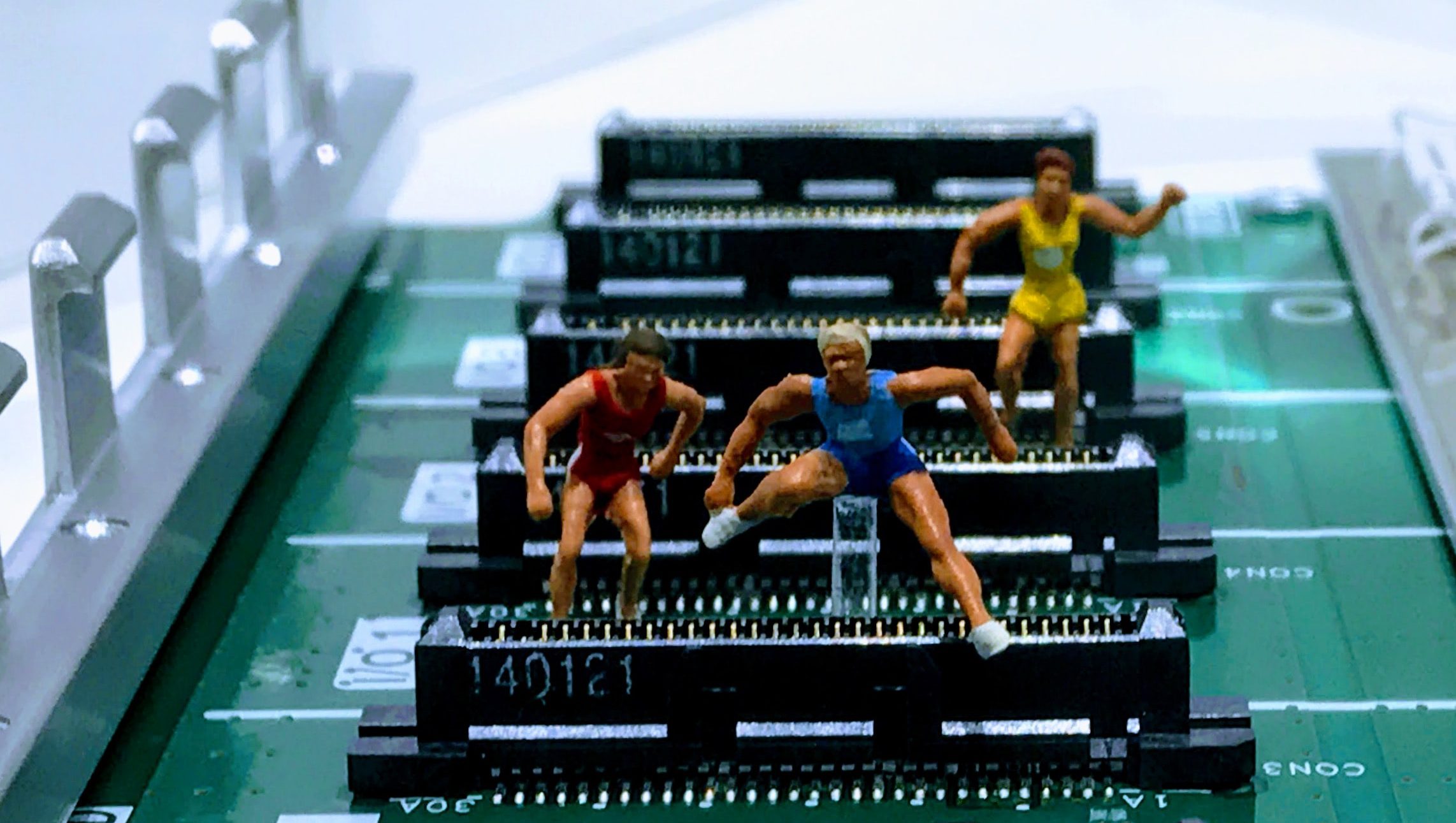As US lawmakers look to invest USD 52 billion in the American chip industry, the founder of Taiwan Semiconductor Manufacturing Co. calls the plan far too small for rebuilding a complete supply chain in the country.
Morris Chang, an American citizen who founded the company that is now the world’s most valuable chipmaker, says it would be impossible for the US to have a full chip supply chain onshore even if it spent far more—and that such a move may not be financially desirable in any case.
“If you want to reestablish a complete semiconductor supply chain in the US, you will not find it as a possible task,” Chang told a tech industry forum in Taipei on Tuesday night. “Even after you spend hundreds of billions of dollars, you will still find the supply chain to be incomplete, and you will find that it will be very high cost, much higher costs than what you currently have.”
The US accounted for 37% of global semiconductor manufacturing in the 1990s, but has fallen to 12%, Semiconductor Industry Association data shows.
Washington is campaigning to bring more chip production onto American soil, amid concern about an overreliance on Taiwan. The US Senate this year passed a USD 52 billion bill to support domestic semiconductor manufacturing and R&D, though the package has yet to become law.
Chang, who retired from TSMC in 2018, claimed that some people arguing for bringing the chip supply chain onshore are driven by self-interest. Intel CEO Pat Gelsinger advocates for more manufacturing in the US as “it is not safe in Taiwan and it is not safe in South Korea,” Chang said, while Intel hopes to secure funding from the USD 52 billion subsidy package.
Rethinking the supply chain will be a challenge for everyone, Chang said.
“In the past, companies in the US or in Asia were growing and prospering thanks to globalization and free trade,” he said. Chang cited Thomas Friedman’s book, “The World Is Flat,” in which the commentator analyzes globalization and the opportunities it creates for nations.
“Well, Tom, the world is not flat anymore,” he said. “This is going to be a challenge for the Asian semiconductor industry, global semiconductor industry, including Intel.”
Chang’s comments Tuesday were the first time he directly and publicly questioned Washington’s efforts to rebuild semiconductor manufacturing. His criticism comes despite TSMC’s move to build an advanced chip facility in the US state of Arizona in response to the government’s campaign.
Previously, Chang had said government efforts around the world to increase chip production could backfire, without specifying which countries. Sandra Oudkirk, director of the American Institute in Taiwan and the top US diplomat in Taipei, was among the audience at the industry forum.
Europe, Japan, and China also are gearing up to boost production at home, offering government aid to ensure that chips—which enable devices from smartphones to military techs—will remain within their countries.
TSMC recently announced that the company will build its first chip facility in Japan, where prime minister Fumio Kishida said his government will support large-scale private-sector investment.
This article first appeared on Nikkei Asia. It’s republished here as part of 36Kr’s ongoing partnership with Nikkei.
